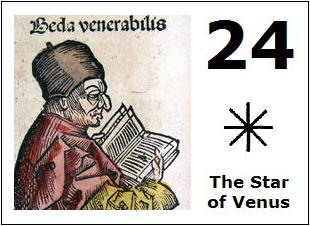Women's History Month continues...
Ontology Alignment
"He had with him a small red book of Mao's poems, and as he talked he
squared it on the table, aligned it with the table edge first
vertically and then horizontally. To understand who Michael Laski
is you must have a feeling for that kind of compulsion."
-- Joan Didion in the
Saturday Evening Post,
Nov. 18, 1967 (reprinted in
Slouching Towards Bethlehem)
"Or were you," I said.
He said nothing.
"Raised a Catholic," I said.
He aligned a square crystal paperweight with the edge of his desk blotter.
-- Joan Didion in
The Last Thing He Wanted,
Knopf, 1996
"It was Plato who best expressed-- who veritably
embodied-- the tension between the narrative arts and mathematics....
Plato clearly loved them both, both mathematics and poetry. But he
approved of mathematics, and heartily, if conflictedly, disapproved of
poetry. Engraved above the entrance to his Academy, the first European
university, was the admonition: Oudeis ageometretos eiseto. Let none
ignorant of geometry enter. This is an expression of high approval
indeed, and the symbolism could not have been more perfect, since
mathematics was, for Plato, the very gateway for all future knowledge.
Mathematics ushers one into the realm of abstraction and universality,
grasped only through pure reason. Mathematics is the threshold we cross
to pass into the ideal, the truly real."
-- Rebecca Goldstein,
Mathematics and
the Character of Tragedy



















Recent Comments